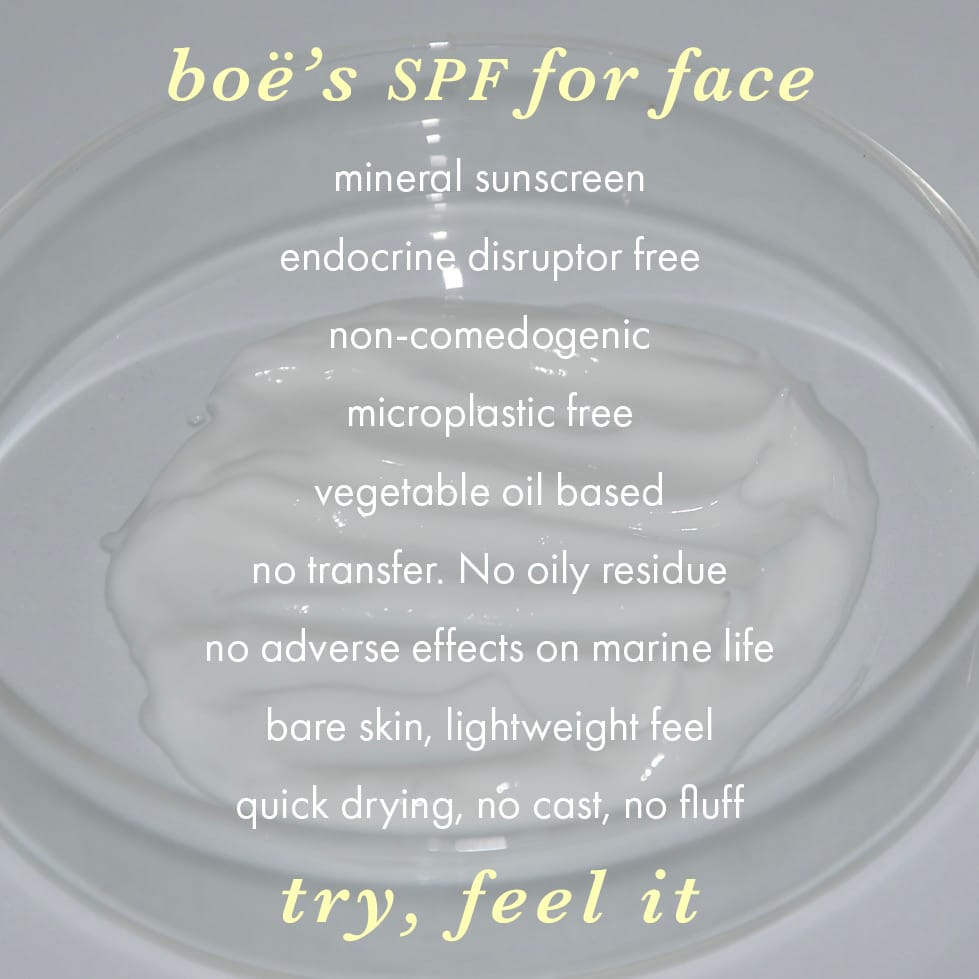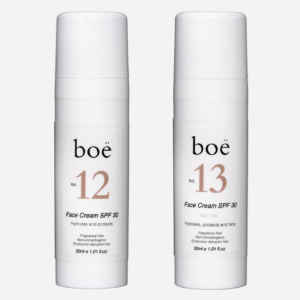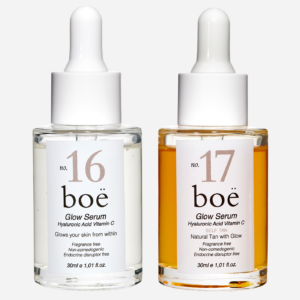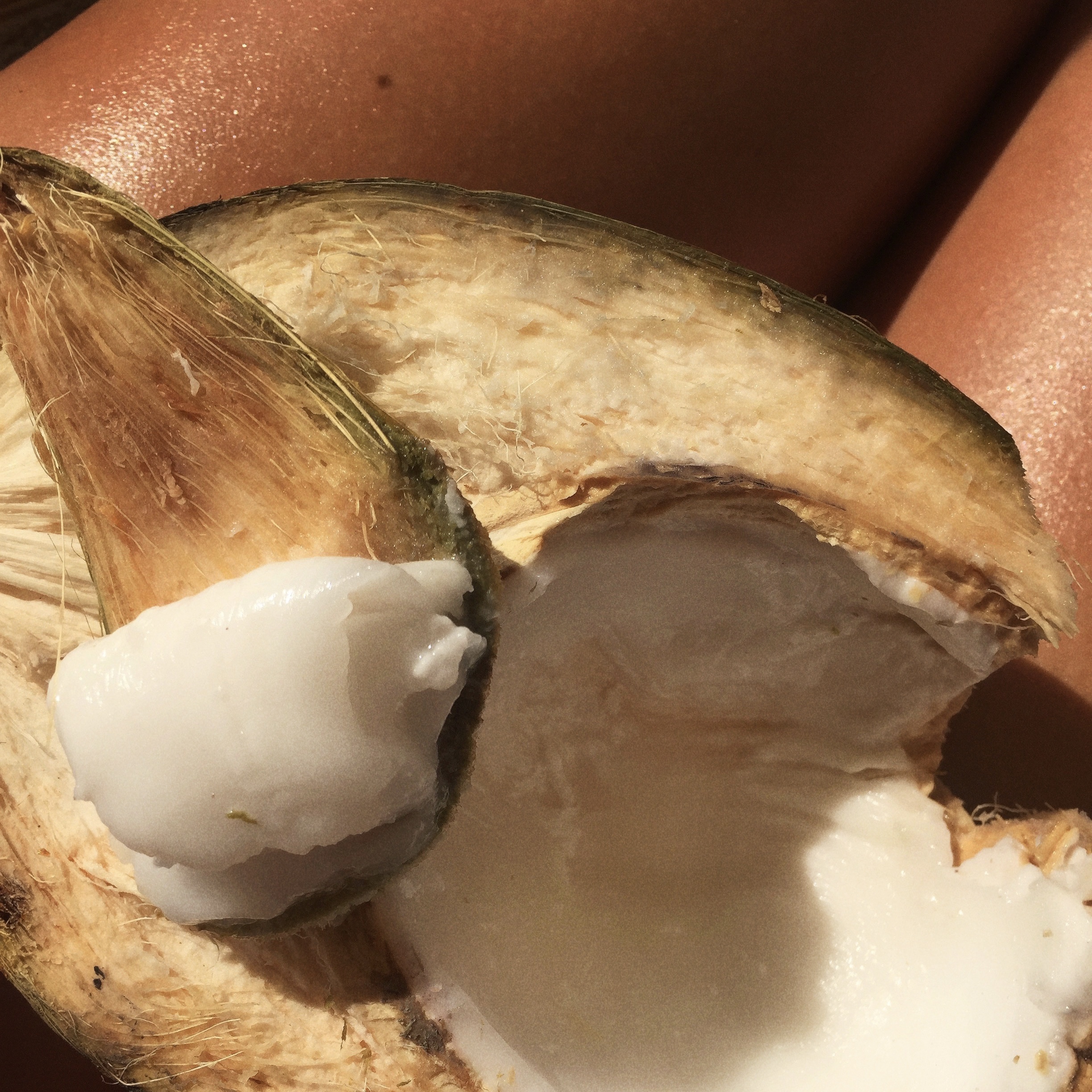Many of us grew up with memories of sticky sunscreen, reserved for the hottest days, only to realize later how essential daily sun protection is for our skin and health. Sunscreen is no longer just for beach days; it’s an everyday staple in skin health. But misconceptions around sunscreen still abound. With so many products and labels, it can be confusing to know what’s best for you. Here, we clear up the myths so you can choose the best sun protection with confidence.
Myth 1: High SPF = Long-Lasting Protection
SPF, or Sun Protection Factor, measures how well sunscreen protects against UVB rays that cause burning. The SPF number indicates how long your skin can withstand UVB exposure compared to no protection, usually based on two-hour periods.
Many believe higher SPF means all-day protection, but that’s not the case. High SPF sunscreens don’t last longer; they just delay burning by a fixed factor. Reapplication every two hours is still essential, regardless of SPF.
Pro tip: SPF 30 to 50 is often recommended for optimal balance between protection and skin gentleness. SPF 50+ sunscreens have more active ingredients, which can sometimes increase the risk of irritation for sensitive skin.
Myth 2: You Don’t Need Sunscreen Indoors, in Winter, or on Cloudy Days
Think you’re safe from the sun indoors or during winter? Think again! UVA rays, which penetrate windows and clouds, contribute to premature skin aging and wrinkles. The Skin Cancer Foundation notes that clouds filter only about 25% of UV rays, so protection is still needed even on overcast days.
To protect your skin daily, apply SPF as the last step in your morning routine—yes, even on rainy or indoor days!

Myth 3: You Can’t Get Sunburned in the Water
Water reflects sunlight, increasing UV exposure. Areas above the water’s surface, like your shoulders, are especially vulnerable to reflected rays. So if you’re planning a swim, remember to apply waterproof mineral sunscreen before diving in, and reapply after swimming.
Myth 4: Applying SPF Once a Day Is Enough
Unfortunately, one application doesn’t last all day. Sunscreen begins to break down as soon as it’s exposed to sunlight, reducing its effectiveness over time. For reliable protection, reapply every two hours, especially if you’re outdoors.
Recommendation: Mineral sunscreens like Boë’s are gentle on sensitive skin, free of fragrance, and safe for pregnancy and breastfeeding. Plus, they don’t contain endocrine disruptors or reef-damaging chemicals.
Myth 5: Sunscreen Alone Prevents Skin Cancer
While regular sunscreen use lowers the risk of skin cancer, it doesn’t eliminate it. Sunscreen acts as a protective barrier but can’t fully block out all UVA and UVB rays. So, while sunscreen reduces your risk, it’s still wise to combine it with other protective measures like wearing hats and seeking shade.

Myth 6: Chemical and Mineral Sunscreens Only Differ in Absorption Time
The main difference lies in how they protect your skin. Chemical sunscreens absorb UV rays and transform them into heat, while mineral sunscreens (also known as physical sunscreens) reflect UV rays away from your skin.
Mineral sunscreens act as a physical barrier, meaning they stay on the skin’s surface rather than absorbing into the body, making them ideal for those seeking gentle, non-toxic options.
Myth 7: One Sunscreen Works for Everyone
Just as skincare isn’t one-size-fits-all, neither is sunscreen. Skin types vary, and the best sunscreen for one person may not work for another. People with sensitive or allergy-prone skin often do better with mineral sunscreens, as they’re less likely to cause irritation.
For a safer choice, consider mineral sunscreens, which are typically free from harsh chemicals and less likely to irritate sensitive skin.
Key Takeaway
Navigating sunscreen options can be tricky, but knowing the facts helps you make better choices. Protect your skin daily with SPF, stay mindful of your reapplication habits, and select a sunscreen that suits your skin type.
Better to be safe in the sun than sorry! 💛







